Reminder: New Nativisms in Global World – this Thursday 24th
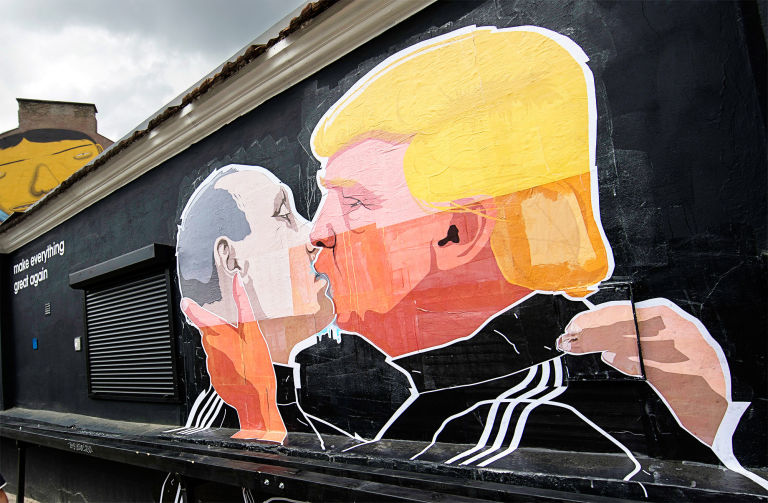
Thursday 24th November 2016, 6.00 – 7.30 pm
Fyvie Hall, University of Westminster, 309 Regent Street, London W1B 2HT
New Nativisms in a Global World
The rise of such phenomena as post-reality politics, extreme right-wing parties, legitimised demonisation of refugees, the partisan lines drawn by emotive referendums, populist language at the highest levels of political power, regional politics blocking vast transnational agreements, and so on, have all been signaling the rise of a new nativism of petty locality that seeks a reversal of the status quo with unpredictable consequences.
The theoretical challenge of this is considerable: is this the voice of the disenfranchised and the rise of minor politics; or is it the triumph of populism through mendaciously democratic and inclusive means? What happens to stasis when co-opted? What is the role of affects in post-reality politics today? How to resist the nativist, nationalist call, while carrying on questioning the globalising impetus of capitalism?
The interdisciplinary panel brings together experts from the Westminster Faculty of Social Sciences and Humanities in order to diagnose and reflect upon these recent emergences.
PANEL: Dibyesh Anand (Politics and International Relations); David Cunningham (IMCC / English, Linguistics and Cultural Studies); Radha d’Souza (Westminster Law School); Harriet Evans (Modern Languages and Culture); Thomas Moore (Politics and International Relations); and Lea Sitkin (History, Sociology and Criminology).
CHAIR: Andreas Philippopoulos-Mihalopoulos (Westminster Law & Theory Lab)
Book a place at: www.eventbrite.com/e/new-nativisms-in-a-global-world-tickets-29060636145
Phobic Resistances from Freud to Blanchot seminar, November 23rd
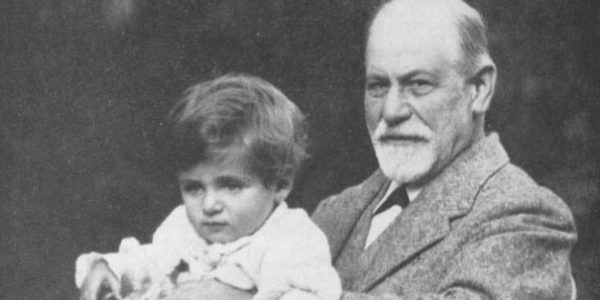
Wednesday 23rd November, 5.00 – 7.00
Room 412, University of Westminster, 309 Regent Street, London W1T
“‘Detestable residue’: phobic resistances from Freud to Blanchot”
Simon Morgan Wortham (Kingston University)
This talk traces Freud’s interest in yet apparent aversion to phobia, from his earliest writings on the topic in the 1890s through to his reinterpretation of the Little Hans case study, originally from 1909, in the mid-1920s. Here, it is possible to detect something like a phobic reaction to phobia itself. In the subsequent writings on the case of Little Hans, including those by Deleuze and Guattari, traces of this phobic reaction can be found contaminating sometimes sharply critical readings just as surely as they do Freud’s own text. Such ‘phobia’ operates precisely through a certain resistance to itself, a doubleness that renders Freud’s phobophobia not just a psychological curiosity but perhaps a feature of the very structure of phobia from the outset. The talk will contrast psychoanalytic approaches to phobia with other possible ways to think about the questions it invites. Since Freud’s most famous early text on phobia takes the example of Pascal’s fear of abysses, the talk will turn to Blanchot’s short essay, ‘Pascal’s Hand’. For Blanchot what is abyssal in Pascal’s text amounts to a ‘detestable residue’ that might prove just too much for psycho-phobic reading.
Simon Morgan Wortham is Professor in Humanities and Co-Director of the London Graduate School at Kingston University. His many publications include Modern Thought in Pain: Philosophy, Politics, Psychoanalysis (2014), The Poetics of Sleep: From Aristotle to Nancy (2013), Derrida: Writing Events (2008), and Counter-Institutions: Jacques Derrida and the Question of the University (2006).
Archive-as-method Salon, December 5th at Senate House
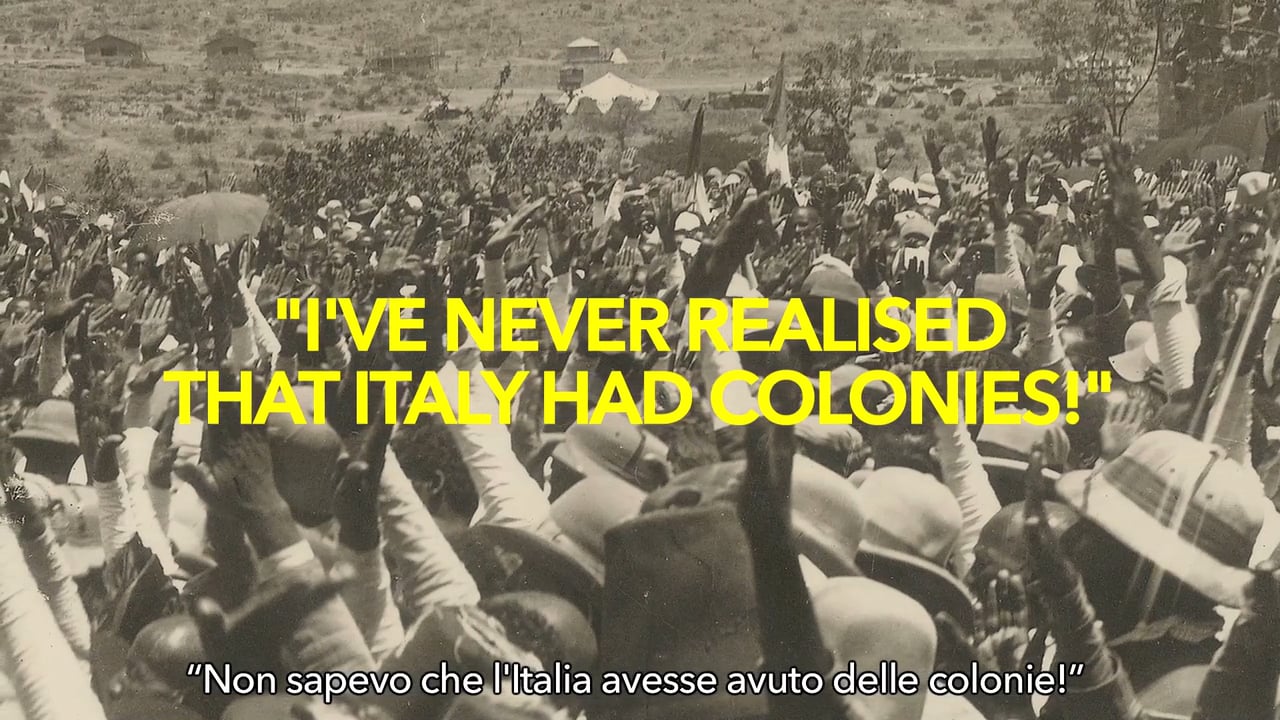
Monday 5th of December 2016, 15.30-18.30
Institute of Modern Languages Research, Senate House, Malet Street, London WC1E (SH243)
Archive-as-Method Salon
Working with Visual Documents of the Italian Colonial Heritage
Presentations, short-film screenings and Q&A with:
Alessandra Ferrini, Gianmarco Mancosu, Martina Melilli and Jacopo Rinaldi
Organised by one of our former MA Art & Visual Culture students, Alessandra Ferrini, of the excellent Mnemoscape, this Salon brings together artists, filmmakers and historians in order to discuss methodological approaches to the exploration and activation of colonial, archival material. Given the recent interest in the Italian colonial past, the salon aims to shed light onto a previously marginalised historical period.
The first part of the salon will introduce to the fascist imperial project and its legacy through Gianmarco Mancosu’s research based on the newsreels on the Ethiopian War of 1935-36 and Alessandra Ferrini’s essay film and pedagogic project Negotiating Amnesia (2015), which is based on archival photographs and propaganda postcards from the same period. The second part of the salon will kick off with Martina Melilli’s presentation of an ongoing body of work stemming from her family’s history in the Libyan colony and in Italy, after the expulsion of Italians from Libya in 1970. It will be followed by Jacopo Rinaldi’s problematisation of the truthfulness of archival material, through his research in the Pirelli Historic Archive (Milan), and the production of works exploring the rubber industry. To conclude, the four researchers will be in conversation and will open up the debate to the public.
Free, but seats are limited. Please email Mnemoscape at mnemoscape@gmail.com to book a place.
PhD Scholarships at Westminster
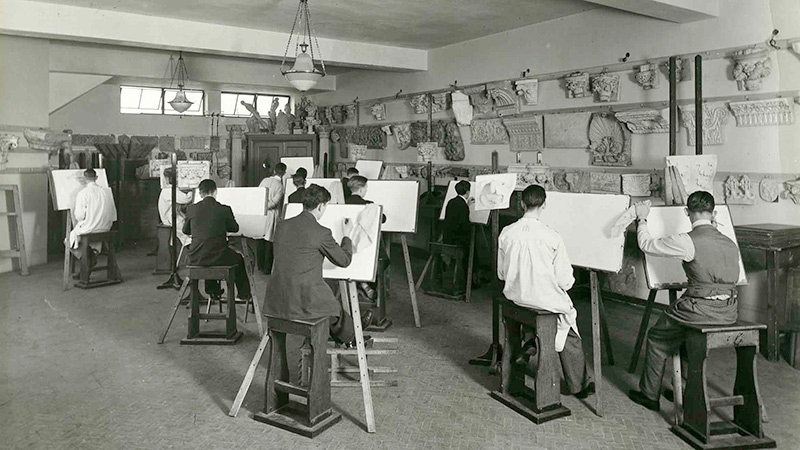
The University of Westminster Graduate School is offering five MPhil/PhD Scholarships in the Faculty of Social Sciences and Humanities, including in Visual Culture, Cultural Studies and English Literature. The Scholarships are open to candidates with a Home fee status, and are full-time for three years, including an annual stipend of £16,000 and a Home fee waiver starting in September 2017. As part of the Scholarship candidates will be required to undertake up to six hours teaching per week. Deadline: February 10th 2017 by 5pm.
For general enquiries please contact Dr Leigh Wilson, wilsonl@westminster.ac.uk, T: 020 7911 5000 ext 68955.
At the same time, the Faculty is also offering three fully funded Quintin Hogg Trust PhD studentships beginning in September 2017 for projects using the University of Westminster Archive. The Archive holds a wide collection of material on the history of the University and its predecessor institutions from 1838 to the present. The Studentships will be awarded to projects making excellent use of the University Archive, and to applicants demonstrating commitment to the promotion of the Archive both within the University and externally and to the development of the University’s research student community. The three Scholarships will be awarded across the following broad areas: Creative Writing based on material in the Archive; Performing science in the 19th century; Leisure, religion and mobility: Quintin Hogg and the Regent Street Polytechnic; Photography and/as pedagogy
It is strongly recommended that candidates for these scholarships contact the Archive and arrange to visit and speak to an archivist before applying. Please contact Anna McNally at the Archive: a.mcnally@westminster.ac.uk.
Further information on all the Scholarships, and details on how to apply, here: https://www.westminster.ac.uk/courses/research-degrees/research-areas/social-sciences-and-humanities/research-studentships
Conversations on Communism podcast
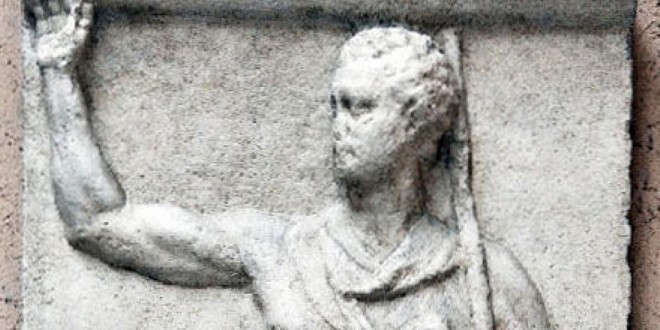
We are very pleased to announce an exciting new project by the IMCC’s own Elinor Taylor, who is launching a podcast series, “Conversations on Communism”, in collaboration with Henry Stead. Episode 1 is now online, with Robert Lister discussing Frank Walbank and Polybius.
Check it out at: http://www.bravenewclassics.info/index.php/listen/
La Post-photographie, un nouveau paradigme? November 11th, Paris

If anyone is in Paris on Friday 11th November, the IMCC’s Deputy Director, David Cunningham, is speaking on a panel at the Centre Culturel Suisse on “Post-Photography“, as part of Paris Photo.
The blurb is in French, but the discussion is in English. Kicking off at 8pm.
Soirée menée par Duncan Forbes, directeur du Fotomuseum Winterthur. Avec :Melanie Bühler, commissaire indépendante, Amsterdam and New York ; Joshua Chuang, New York Public Library ; David Cunningham, Institute for Modern and Contemporary Culture, Londres ; Camille Le Houezec et Joey Villemont, It’s Our Playground, Thorigny-sur-Marne ; Nadine Wietlisbach, Photoforum PasquArt, Bienne.
Further details at: http://www.ccsparis.com/events/view/la-post-photographie-un-nouveau-paradigme
Memory Unbound – published this month
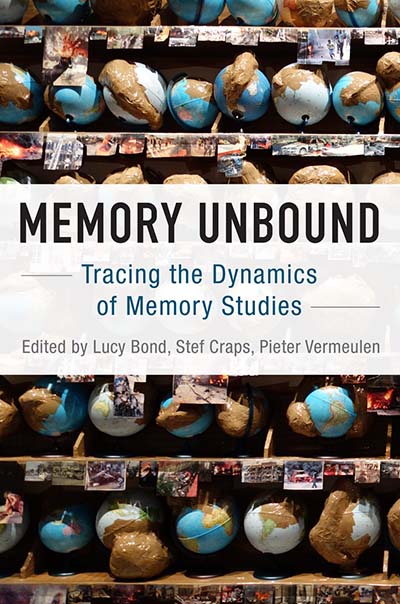
We’re delighted to announce the publication this month of the collection Memory Unbound: Tracing the Dynamics of Memory Studies, co-edited by our own Lucy Bond with Stef Craps and Pieter Vermeulen.
Though still a relatively young field, memory studies has undergone significant transformations since it first coalesced as an area of inquiry. Increasingly, scholars understand memory to be a fluid, dynamic, unbound phenomenon—a process rather than a reified object. Embodying just such an elastic approach, this state-of-the-field collection systematically explores the transcultural, transgenerational, transmedial, and transdisciplinary dimensions of memory—four key dynamics that have sometimes been studied in isolation but never in such an integrated manner. Memory Unbound places leading researchers in conversation with emerging voices in the field to recast our understanding of memory’s distinctive variability.
Order your copy here: http://www.berghahnbooks.com/title/BondMemory
Lying, Testimony and Murder in Early Modern England, November 9th 2016
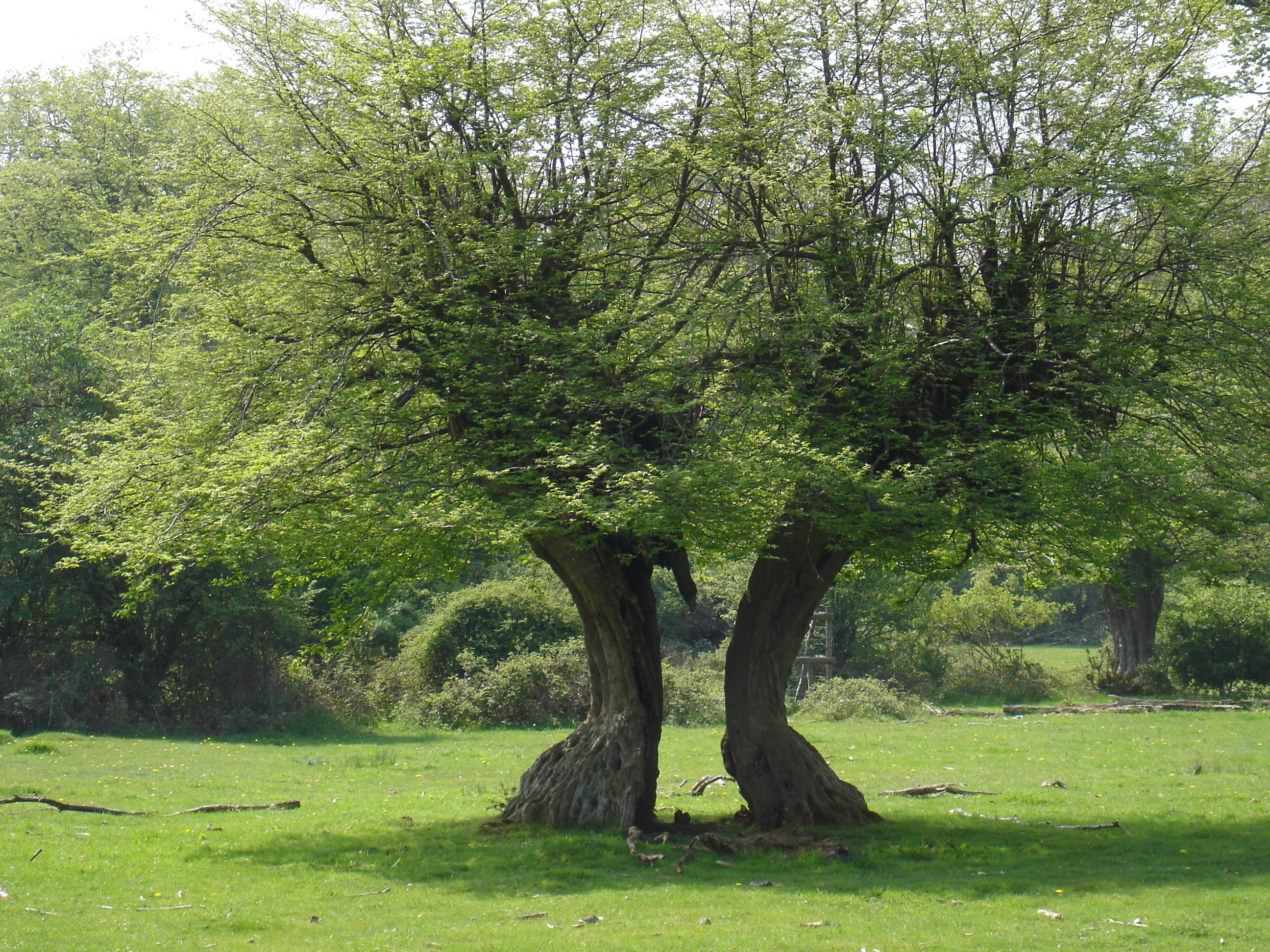
Wednesday 9th November, 5.00 – 7.00
Room 412, University of Westminster, 309 Regent Street, London W1T
“Lying, Testimony and Murder in Early Modern England: The Case of Annis and George Dell (1606)”
Andrew Hadfield (University of Sussex)
This talk will explore a particularly gruesome murder story from the early 1600s, recorded in two pamphlets which each give slightly different versions of the evidence. The paper will analyse these works in order to reconstruct what we can of a troubling and bizarre case, and to reflect on the nature and significance of testimony in early modern England.
Andrew Hadfield is Professor of English at the University of Sussex and author of books including Edmund Spenser: A Life (OUP 2012), Shakespeare and Republicanism (CUP 2005) and Shakespeare, Spenser and the Matter of Britain (Palgrave 2002). He is also editor of the Oxford Handbook of English Prose, 1500-1640 (2013).
New Nativisms in a Global World, November 24th 2016
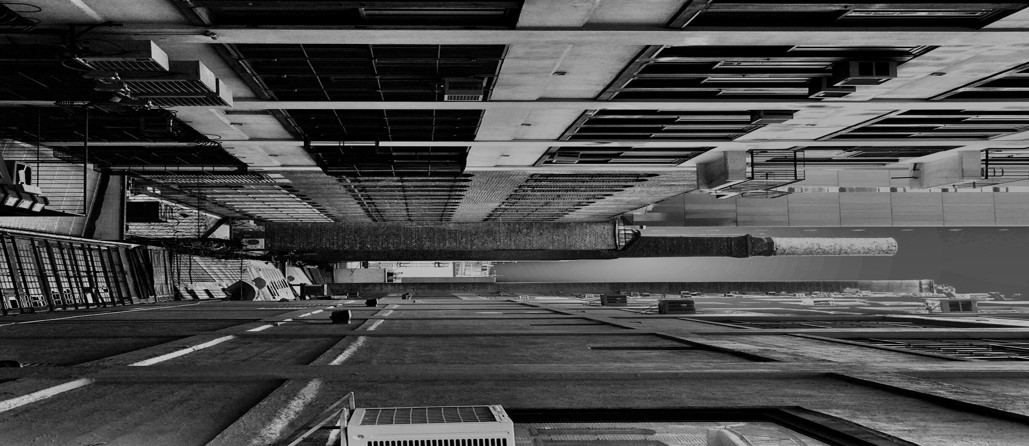
Thursday 24th November 2016, 6.00 – 7.30 pm
Fyvie Hall, University of Westminster, 309 Regent Street, London W1B 2HT
New Nativisms in a Global World
The rise of such phenomena as post-reality politics, resistance voting, extreme right-wing parties, legitimised demonisation of refugees, the partisan lines drawn by emotive referendums, populist language at the highest levels of political power, regional politics blocking vast transnational agreements, and so on, have all been signaling the rise of a new nativism of petty locality that seeks a reversal of the status quo with unpredictable consequences.
The theoretical challenge of this is considerable: is this the voice of the disenfranchised and the rise of minor politics; or is it the triumph of populism through mendaciously democratic and inclusive means? What happens to stasis when co-opted? What is the role of affects in post-reality politics today? How to resist the nativist, nationalist call, while carrying on questioning the globalising impetus of capitalism?
The interdisciplinary panel brings together experts from the Westminster Faculty of Social Sciences and Humanities in order to diagnose and reflect upon these recent emergences.
PANEL: Dibyesh Anand (Politics and International Relations); David Cunningham (IMCC / English, Linguistics and Cultural Studies); Radha d’Souza (Westminster Law School); Harriet Evans (Modern Languages and Culture); Thomas Moore (Politics and International Relations); and Lea Sitkin (History, Sociology and Criminology).
CHAIR: Andreas Philippopoulos-Mihalopoulos (Westminster Law & Theory Lab)
Book a place at: www.eventbrite.com/e/new-nativisms-in-a-global-world-tickets-29060636145
Experiments and Incidents – Julie Martin and Barbara Steveni in Conversation
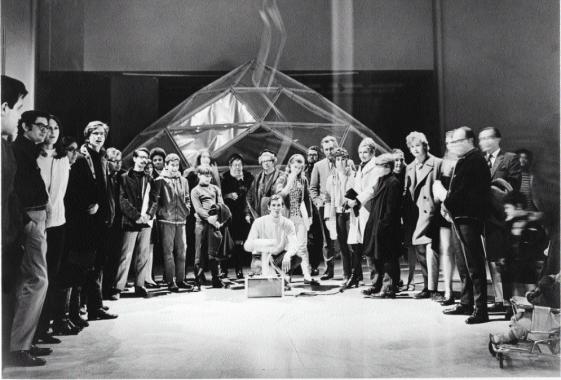
Thursday 27 October 2016, 6.30pm – 8.30pm
Arts Catalyst Center, 74-76 Cromer Street, London, WC1H 8DR
£3 – book here
Experiments and Incidents – Julie Martin and Barbara Steveni in Conversation with Neal White
A reunion between two pioneers in experimental and incidental art practices
IMCC and CREAM at the University of Westminster and Arts Catalyst are delighted to host a reunion between two pioneers in experimental and incidental art practices, Julie Martin (Director of Experiments in Art and Technology) and Barbara Steveni (Artist Placement Group / O+I), chaired by Professor Neal White (University of Westminster).
Pushing at the limits of radical ideas and art practice since 1966, these two women have helped change the landscape of where and how art has been made. This is a unique opportunity to hear both in dialogue, reflecting on not only the past, but the future for art which has an experimental and incidental focus.
This collaboration between the University of Westminster and Arts Catalyst has been developed as part of Arts Catalyst’s season of events that mark the 50th anniversary of E.A.T. and the project the led to their founding 9 Evenings: Theatre and Engineering, titled 9 Evenings: Theatre and Engeneering Revisited 1966/2016.
In addition to this talk, the programme also includes an exhibition reflecting on the work of Experiments in Art and Technology at Arts Catalyst Centre for Art Science & Technology, a talks programme developed in collaboration with Afterall and Side Effects, a major new performance commission by Robert Whitman (co-Founder of E.A.T.).
This 9 Evenings: Theatre and Engeneering Revisited 1966/2016 programme is supported by Arts Council England, Cockayne – Grants for the Arts, The London Community Foundation, PACE, Afterall, Central Saint Martins, UAL, King’s Cross and Goldsmiths, University of London, University of Westminster, London: The Centre for Research and Education in Arts and Media (CREAM) with the Institute for Modern and Contemporary Culture (IMCC) and The Performance Studio.
The Married Woman Worker in Fiction seminar
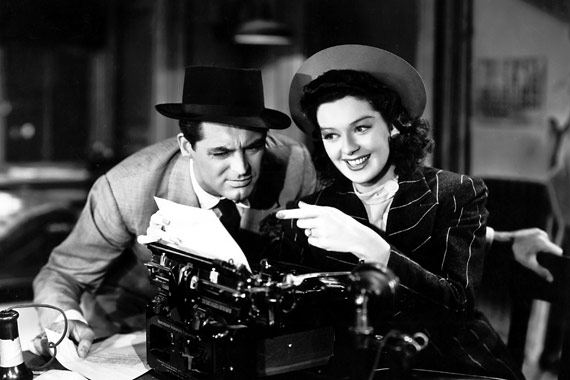
Wednesday 26th October, 5.00 – 7.00
Room 412, University of Westminster, 309 Regent Street, London W1T
“The married woman worker in fiction, c. 1870-1960”
Helen Glew (History, Westminster)
This paper forms part of a wider social and cultural history of the marriage bar and married women’s right to do paid work in the late 19th and early-mid 20th centuries. By examining fictional depictions of working wives in British, Canadian and US novels and short stories in this period – and also considering reactions to these – the paper will explore the ways in which fiction was used alternately as a means to critique society, to reimagine established norms or to act as a conservative or cautionary voice.
All welcome! (Please note the change of room and building from the previous seminar in the series.)
The Seven Sisters Indoor Market film showing, November 4th
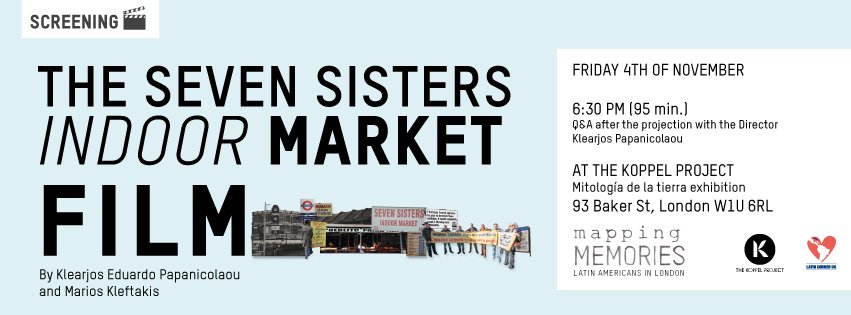
Veronica Posada, who is currently studying on our MA Art and Visual Culture, is organising a screening of The Seven Sisters Indoor Market Film on Friday 4th of November at 6:30pm, followed by a panel discussion with the filmmakers. The screening is part of Veronica’s participation in the Mitologia de la Tierra exhibition of seven Colombian artists at the Koppel Project in London (93 Baker Street, W1U 6RL), in which she is also presenting work from her research project ‘Mapping Memories’ (with Lorena Raigoso). Further details here.
Mapping Memories is a research tool and visibilization platform that supports recognition of Latin Americans in the UK, as well as promoting processes of unification and resistance against gentrification. See their website at: http://mappingmemory.weebly.com/
Sex, Time and Place: Queer Histories of London book launch
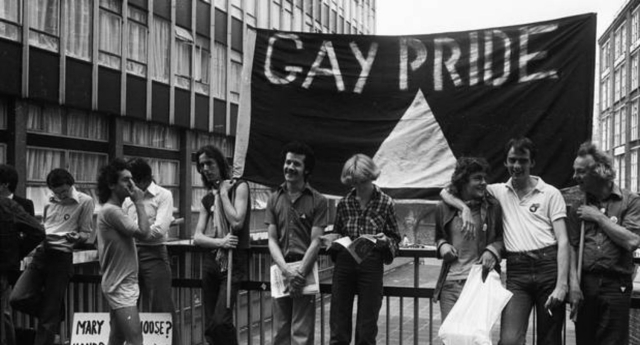
Friday 21st October, 7pm
Fyvie Hall, University of Westminster, 309 Regent Street, London W1
Sex, Time and Place: Queer Histories of London book launch
We’re delighted to pass on an invitation to the book launch for Simon Avery and Kate Graham’s fabulous collection Sex, Time and Place: Queer Histories of London, c. 1850 to the Present, which has just been published by Bloomsbury.
To help with catering, please RSVP here: https://www.eventbrite.co.uk/e/sex-time-and-place-book-launch-tickets-28363251248
“The Baths” documentary film showing
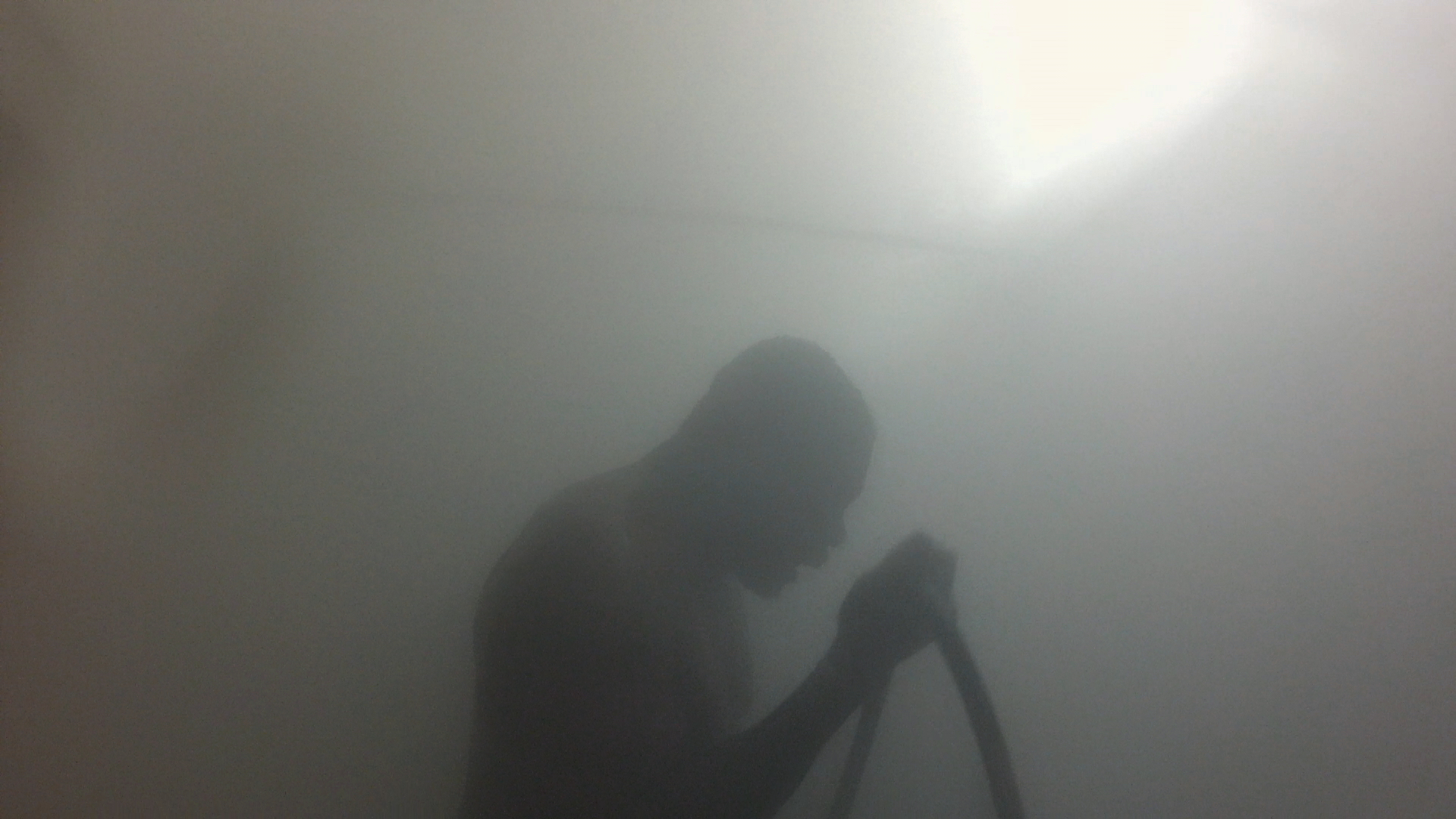
Wednesday 30th November, 2.00 – 5.00
University of Westminster, Harrow Campus
“The Baths”
One of our MA Art and Visual Culture students Sofia Pancucci-Mcqueen will (with her co-director Anouska Samms) be presenting her documentary “The Baths”, and accompanying research, to students on the Film and Television: Theory, Culture and Industry MA at Westminster. All staff and students welcome!
Tucked away in the corner of an industrial estate in Canning Town is a steam baths where men meet to wash, eat and chat. Visited daily by culturally diverse groups, it’s where bathing rituals intertwine and collective memories are forged. Made by two female filmmakers, Anouska Samms and Sofia Pancucci-McQueen, the documentary explores masculinity in a unique setting and invites us to observe often unseen cultural traditions that are integral to the lives of those who practice them.
The film highlights the transcultural nature of the baths whereby seemingly disparate traditions are continually exchanged. While each group may at first sight appear separate from one another, it soon becomes apparent that in sharing the same space they are also sharing wider cultural histories.
You can watch a trailer for the film here: https://vimeo.com/185019337
The Architecture of Neoliberalism book launch

Monday 24th October, 6.00 – 8.00
Room M416, University of Westminster, 35 Marylebone Road, London NW1
The Architecture of Neoliberalism: How Architecture Became an Instrument of Control and Compliance
An invitation to the book launch for our friend Doug Spencer’s The Architecture of Neoliberalism, published by Bloomsbury. A talk by Doug about the book will be followed by a panel discussion with IMCC affiliate Jon Goodbun, Peg Rawes from the Bartlett School of Architecture and David Chandler from Westminster’s Centre for the Study of Democracy.
Look out, too, for a later one-day event at the Architectural Association on Friday 25th November, The (Dis)Enchanted Subject of Architecture, also timed to celebrate the publication of Doug’s book, with speakers including Libero Andreotti, Nadir Lahiji, Joan Ockman, Nina Power and the IMCC’s own David Cunningham. Details here: http://www.aaschool.ac.uk/VIDEO/lecture.php?ID=3500
The British Communist Historical Novel seminar, October 12th
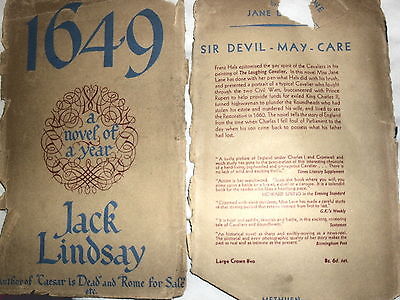
Wednesday 12th October, 5.00 – 7.00
Room 310, University of Westminster, 32-38 Wells Street, London W1T
“The British Communist Historical Novel: Marxism, Modernity and Historiography”
Elinor Taylor (Westminster)
In 1935, following the failures of revolutionary movements in Europe and the advances of fascism, the Comintern abandoned its sectarian ‘class-against-class’ policy and advocated instead the strategy of the Popular Front, an anti-fascist bloc that had as its base a ‘united front’ of working-class organisations and, predicated on that, a wider popular alliance. Central to this new orientation in Communism politics was a stress on national histories and traditions as the site and means of resistance to a fascism that was, as the Comintern’s General Secretary put it, ‘rummaging through the entire history of every nation’ for its means of national cultural legitimation. This paper considers the historical novel as a crucial historiographic genre for British communists in the late 1930s and early 1940s, focusing on a trilogy of novels of English history by Jack Lindsay. While in certain ways this trilogy, spanning the English civil war to the revolutions of 1848, seems to obediently answer the Comintern’s call for the cultural representation of national histories, it sceptically traces the arc of ‘bourgeois revolution’ as it was formulated in classical Marxist historiography, and in so doing stages a series of problematics – over the constitution of English modernity and the nature of class succession – that were inadmissible in other arenas. But the trilogy also constitutes a self-reflexive meditation on the novel’s own conditions of possibility and its political limits. In Georg Lukács’s 1937 study of the historical novel, it was the revolutionising energy of the bourgeoisie before 1848 that enabled the historical novel to access certain ‘epic’ qualities, and the final chapter of that work is organised around the claim that the Popular Front made possible the end of the genre’s retrograde, post-1848 phase. Lindsay’s work, however, might suggest a need to move out of and beyond the novel form, in its competing realist and modernist configurations, altogether, and the paper considers the ways that Lindsay’s work glimpses this other, unrealised form.
All welcome! Followed by drinks at the Green Man …
English Literature and Cultural Studies Research Seminars 2016 announced
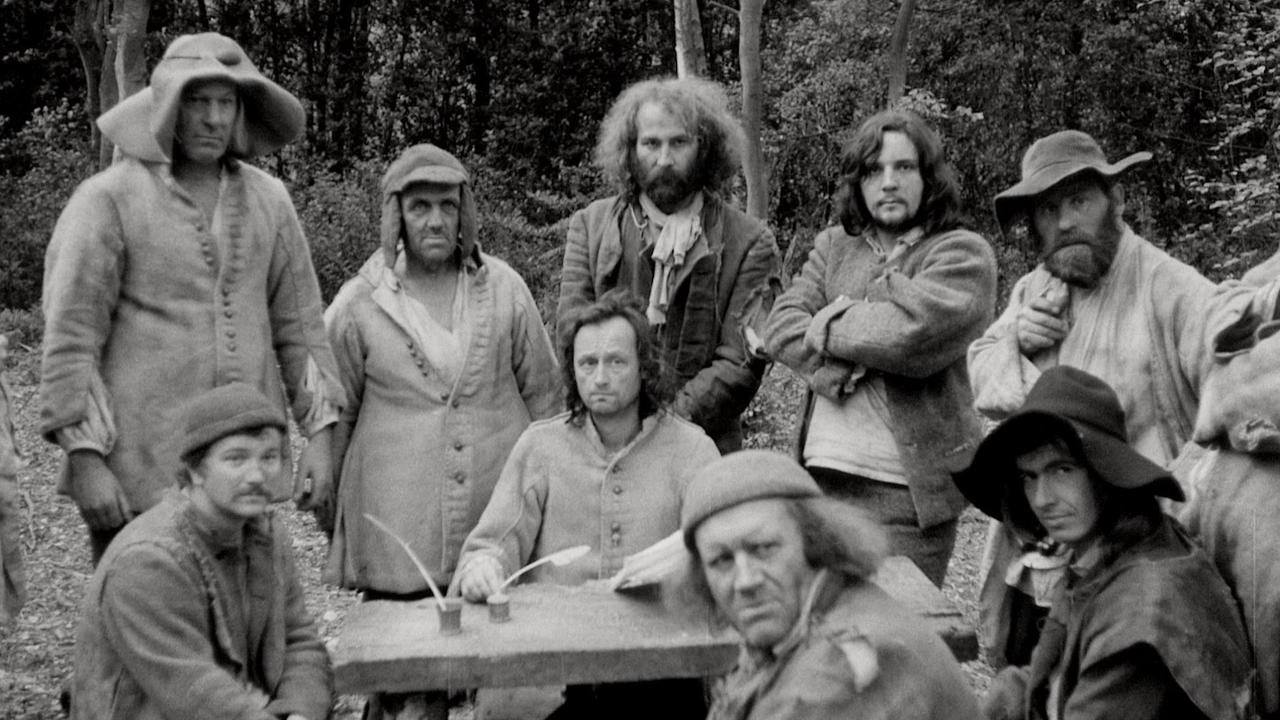
The programme for this semester’s English Literature and Cultural Studies research seminar series at Westminster has been announced. The seminars will take place every other Wednesday, from 5-7pm, in room 310 in the University’s Wells Street building, followed, as ever, by a short discussion and drinks in The Green Man.
Wednesday 12 October
“The British Communist Historical Novel: Marxism, Modernity and Historiography”
Elinor Taylor (Westminster/IMCC)
Wednesday 26 October
“The married woman worker in fiction, c. 1870-1960”
Helen Glew (History, Westminster),
Wednesday 9 November
“Lying, Testimony and Murder in Early Modern England: The Case of Annis and George Dell (1606)”
Andrew Hadfield (University of Sussex)
Wednesday 23 November
“‘Detestable residue’: phobic resistances from Freud to Lyotard”
Simon Morgan Wortham (Kingston University)
Wednesday 7 December
“Picturing the Perpetrator”
Paul Lowe (University of Arts, London)
All very welcome!
Georgina Colby’s Kathy Acker: Writing the Impossible published this month
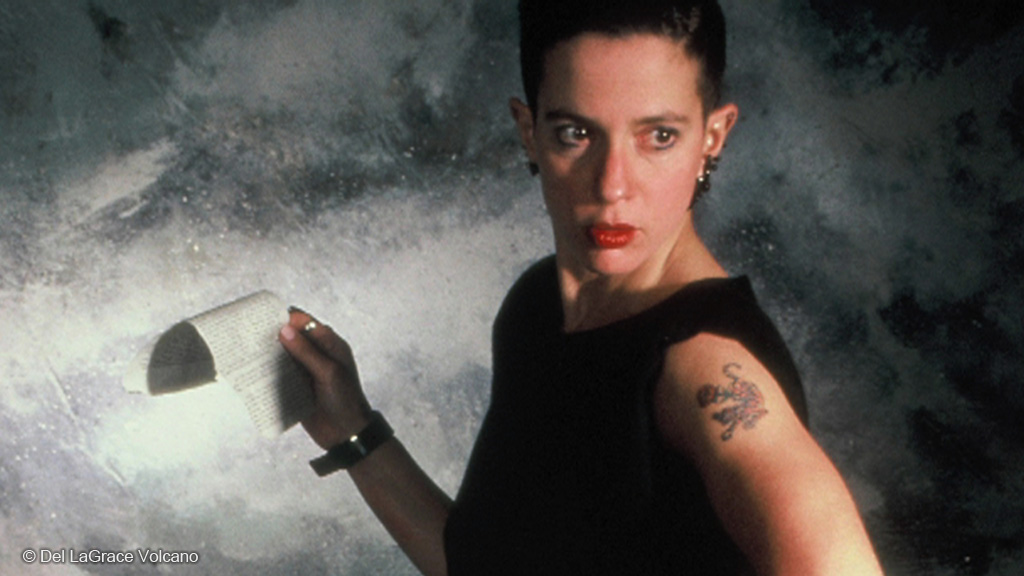
Another day, another fine book published by a member of the IMCC. We’re delighted to announce that Georgina Colby’s ground-breaking study of Kathy Acker is published this month by Edinburgh University Press.
Kathy Acker’s body of work is one of the most significant collections of experimental writing in English. In Kathy Acker: Writing the Impossible, Georgina Colby explores Acker’s compositional processes and intricate experimental practices, from early poetic exercises written in the 1970s to her final writings in 1997. Through original archival research, Colby traces the stages in Acker’s writing and draws on her knowledge of unpublished manuscripts, notebooks, essays, illustrations, and correspondence to produce new ways of reading Acker’s works. Rather than treating Acker as a postmodern writer this book argues that Acker continued a radical modernist engagement with the crisis of language, and carried out a series of experiments in composition and writing that are comparable in scope and rigor to her modernist predecessors Stein and Joyce. Each chapter focuses on a particular compositional method and insists on the importance of avant-garde experiment to the process of making new non-conventional modes of meaning. Combining close attention to the form of Acker’s experimental writings with a consideration of the literary cultures from which she emerged, Colby positions Acker as a key figure in the American avant-garde, and a pioneer of contemporary experimental women’s writing.
You can order your copy here.
This also seems a good moment to flag up Georgina’s excellent blog post on the Duke University site reflecting on her trip to the Sallie Bingham Center for Women’s History and Culture to consult The Kathy Acker Papers, funded by a Mary Lily Research Grant. You can find it here.
Cold War Legacies and Queer Histories of London – out now!
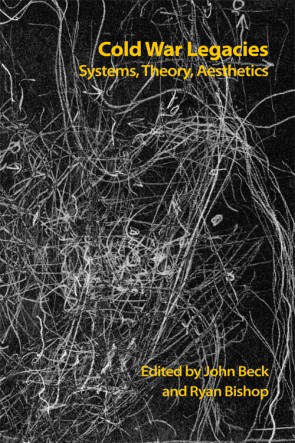
We’re delighted to announce the publication of two fantastic new essay collections put together by members of the IMCC.
First up is IMCC Director John Beck’s Cold War Legacies: Systems, Theory, Aesthetics, co-edited with Ryan Bishop, and based on an IMCC symposium held at the University of Westminster back in 2014. From futures research, pattern recognition algorithms, nuclear waste disposal and surveillance technologies, to smart weapons systems, contemporary fiction and art, this book shows that we are now living in a world imagined and engineered during the Cold War. A great list of contributors include Ken Hollings, Adrian MacKenzie, Jussi Parikka, Adam Piette and Aura Satz, as well as two contributions from John himself.
Order a copy from Edinburgh University Press here: https://edinburghuniversitypress.com/book-cold-war-legacies.html
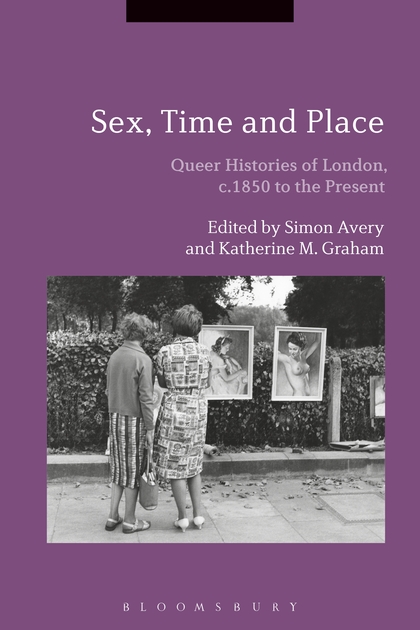
Also published this month is Sex, Time and Place: Queer Histories of London, c. 1850 to the Present, edited by Simon Avery and Kate Graham, the organisers of Westminster’s wonderful Queer London Research Forum. Incorporating multidisciplinary perspectives – including social history, cultural geography, visual culture, literary representation, ethnography and social studies – the book features essays from an international range of established scholars and emergent voices. Its essays cover topics such as activist and radical communities and groups, AIDS and the city, art and literature, digital archives and technology, drag and performativity, lesbian Londons, notions of bohemianism and deviancy, sex reform and research and queer Black history.
Order a copy from Bloomsbury here: http://www.bloomsbury.com/uk/sex-time-and-place-9781474234924/
Walter Benjamin’s The Storyteller: Fiction & Form
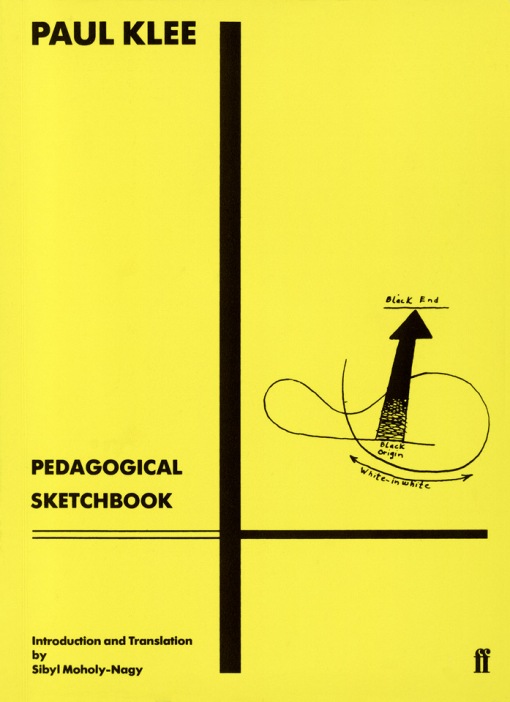
Matt Charles will be in conversation with Howard Caygill (Kingston), Sara Salih (Toronto) and the editors and translators of The Storyteller, Sam Dolbear, Esther Leslie and Sebastian Truskolaski, for a special event to launch Walter Benjamin’s fiction, collected in English translation for the first time. The Storyteller (Verso, 2016) gathers the fiction of the legendary critic and philosopher, best known for his groundbreaking studies of culture and literature, including Illuminations, One-Way Street and The Arcades Project. His stories revel in the erotic tensions of city life, cross the threshold between rational and hallucinatory realms, celebrate the importance of games, and delve into the peculiar relationship between gambling and fortune-telling, and explore the themes that defined Benjamin. The novellas, fables, histories, aphorisms, parables and riddles in this collection are brought to life by the playful imagery of the modernist artist and Bauhaus figure Paul Klee.
Walter Benjamin’s The Storyteller: Fiction & Form
18:30 – 20:00, Thu 22 September 2016,
The Keynes Library, Birkbeck School of Arts, 43-46 Gordon Square, London
https://www.eventbrite.co.uk/e/walter-benjamins-the-storyteller-fiction-form-tickets-26919415697
UPDATE: you can now hear a recording of the event by the Backdoor Broadcasting Company.
You can also grab a free copy of Matt’s recent article in Pedagogy, Culture and Society discussing Walter Benjamin’s lesser known writings on education, some of which are translated into English for the first time in The Storyteller: http://www.tandfonline.com/eprint/w4P7FNn3Pr22ScFQktkh/full.
This follows on from the IMCC’s recent conferences on Avant-Garde Pedagogies (2016) and Walter Benjamin, Pedagogy and the Politics of Youth (2013).


